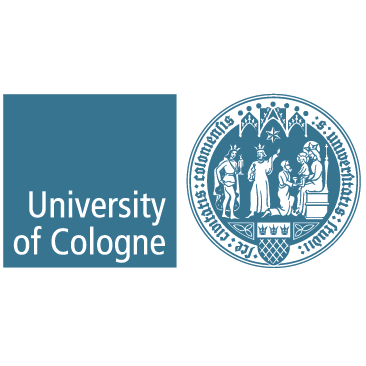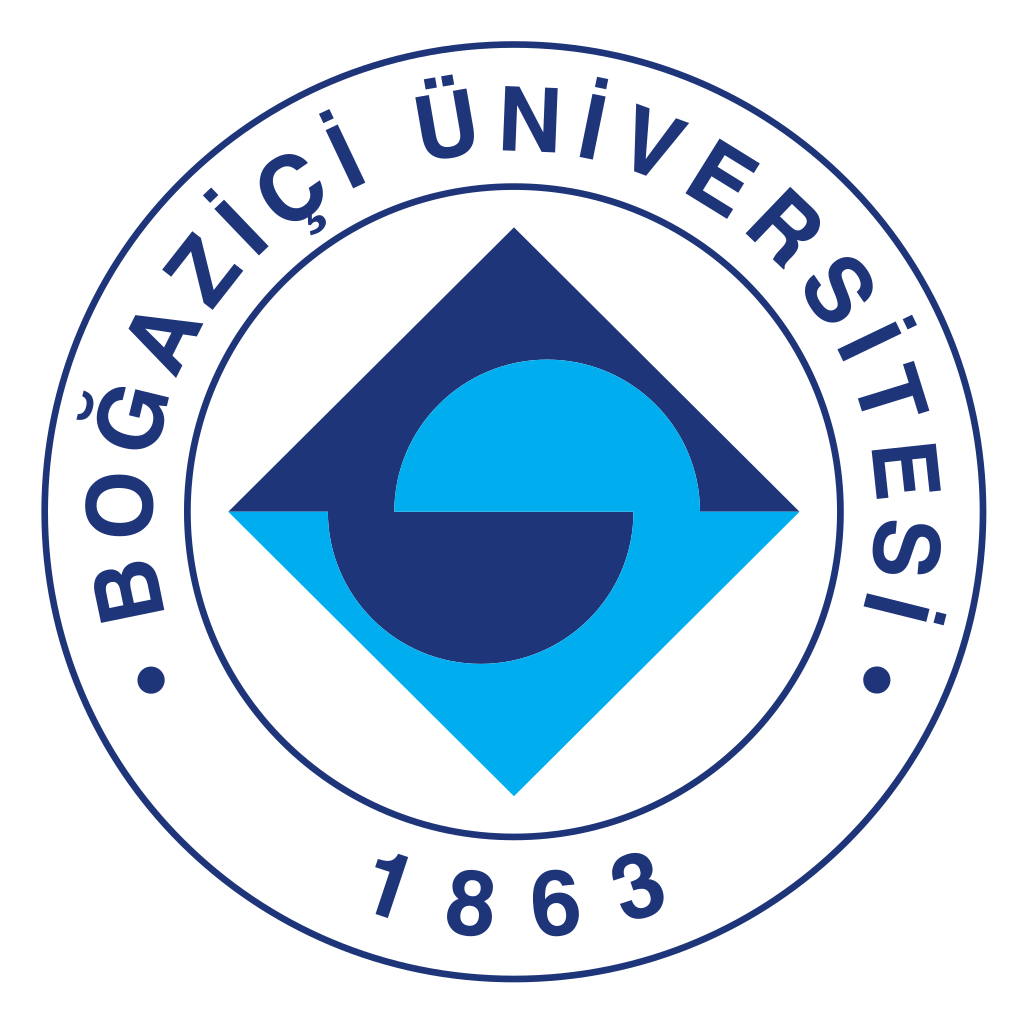Language and Literacy in Their Social Contexts
This module covers a range of issues on language and literacy. The design of the module by the Finnish EU-Speak 3 team at the University of Jyväskylä means that these issues can be covered from the perspective of a culture and language with which you might be unfamiliar. This is intentional: unfamiliarity enables you to consider these issues in relation to what you’re familiar with and take for granted.
Language and Literacy in Their Social Contexts has finished, running from January to March 2023.
If you have any questions about the module, please contact us at info.euspeak@gmail.com
Sign up here for email updates on all our modules.
Week 1: Overview
• Types of and definitions of literacy
• Literacy practices
• Status of literacy
• Reflecting on one’s own literacy experiences
• Introduction to the PIACC and the PISA surveys;
• Writing systems
• A snapshot of literacy, immigration and teaching provision in one country, Finland
Week 2: Literacy in past and present
• Literacies in post-industrialized societies
• The role of the written word past and present
• The status of literacy
• Multiliteracies (including digital)
• Participants’ learners’ experiences
• Family literacy programmes
• Activity: Participants reflect on their own country’s (state’s or region’s) literacy curriculum for adults, using the Finnish curriculum as a starting point for discussion and reflect on the learning materials they use
Week 3: Social context
• The role of interaction in second language acquisition and in literacy development
• Vygotsky and Zone of Proximal Development
• Learning inside vs outside the classroom and opportunities to promote the latter – language learning in the wild
Week 4: Research findings and applications
• Case studies of LESLLA learners
• Examples of social interaction
Week 5: The major international surveys on adult literacy
• PISA and PIACC results and what they mean for LESLLA practitioners
• Immigrants in PISA surveys and implications for LESLLA practitioners
• The PIAAC survey of adult competencies;
• Activity: Participants consider and discuss their learners as examples of survey results.
Week 6: LESLLA learners in the workplace and LESLLA learners as parents
• The role of literacy in employment
• The complex challenges for oral proficiency, literacy development and integration in the workplace
• The role of parents’ literacy in supporting children’s schooling
• Activity: Assessing learners’ attitudes towards their own literacy and considering their aspirations.
Deutsch
Dieses Modul deckt eine Bandbreite von Problemen im Erwerb von Sprache und Lese- und Schreibfähigkeiten ab. Da dieses Modul vom finnischen EU-Speak 3 Team der Universität in Jyväskylä entwickelt wurde, kann es sein, dass die Probleme aus einer kulturellen und sprachlichen Perspektive behandelt werden, die Ihnen vielleicht unbekannt vorkommt. Das Unbekannte bewirkt aber, dass Sie die dargestellten Schwierigkeiten mit den Problemen in Verbindung setzen, die Ihnen bekannt vorkommen und hinterfragen, was Sie vielleicht vorher für selbstverständlich gehalten haben.
Español
Este módulo tiene como objetivo fomentar el conocimiento sobre los antecedentes de los alumnos, incluyendo su lengua, alfabeti-zación, educación, cultura y cómo la situación actual influye en la ad-quisición de su segunda lengua y en su alfabetización.
Suomi
Tämä toisen kielen oppimisen ja luku- ja kirjoitustaidon sosiaaliseen perustaan keskittyvä moduuli kattaa monia teemoja. Moduulin on suunnitellut Suomen EU-Speak 3 -työryhmä Jyväskylän yliopistossa, mikä tarkoittaa, että aiheita käsitellään sellaisesta näkökulmasta, joka ei välttämättä ole muista kielitaustoista tuleville ennestään tuttu. Tämä on tarkoituskin: vieraus mahdollistaa asioiden tarkastelun suhteessa siihen, mikä on tuttua ja mitä helposti pitää itsestään selvänä. Suomalaisille osallistujille jakso tarjoaa tältä osin tuntumaa siihen, millaisena itselle tutut ilmiöt näyttäytyvät muista kielitaustoista tulevien luku- ja kirjoitustaidon opettajien silmin.
Modülü Sosyal Bağlamda Dil ve Okuryazarlık” (Türkςe)
Bu modülü tamamlar ve bir grup DEIDO öğretmenleri ile yüzyüze uygulamak isterseniz, lütfen bizimle iletişime geçin. Sizi bu konuda adım adım yönlendireceğiz. Modülü uygulayabileceğinize ilişkin gerekli beceri ve deneyime sahip olduğunuzu göstermek için, size göndereceğimiz başvuru formunu doldurun ve özgeçmiş bilgilerinizle birlikte bize gönderin. Modülü, ne zaman, nerede ve kime uygulayabileceğinize ilişkin olarak ihtiyaç duyduğunuz her tür bilgiyi ve planlamayı sizlerle paylaşacağız. EU-Speak öğretim malzemelerini ve modülünü kullandıktan sonra, lütfen bize aşağıda belirtilen konularda yazacağınız kısa bir rapor ile bilgi verin: (1) Modülü nasıl öğrettiniz?; (2) Öğrencilerinizin isimlerini vermeksizin, modülü öğrettiğiniz öğrencilerin genel profili hakkında neler söyleyebilirsiniz?; (3) Öğrencileriniz tarafından doldurulan standart modül değerlendirme formu.









